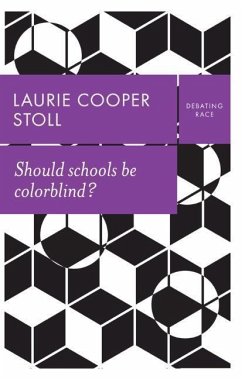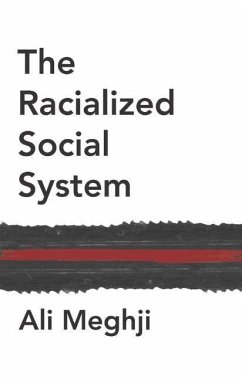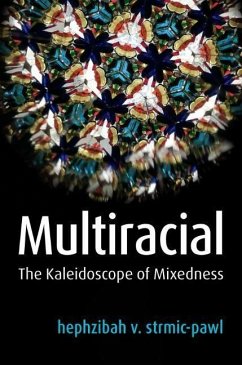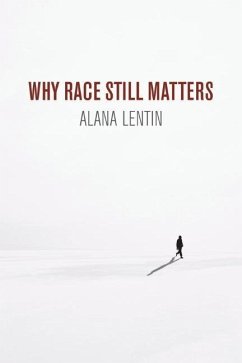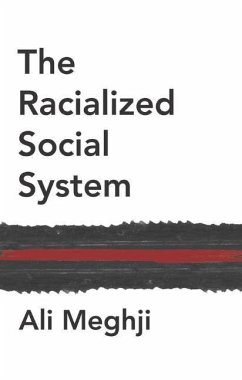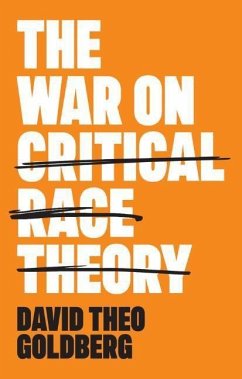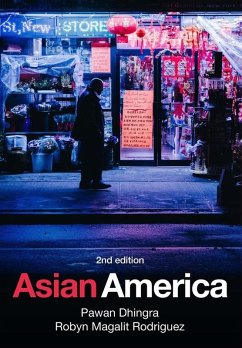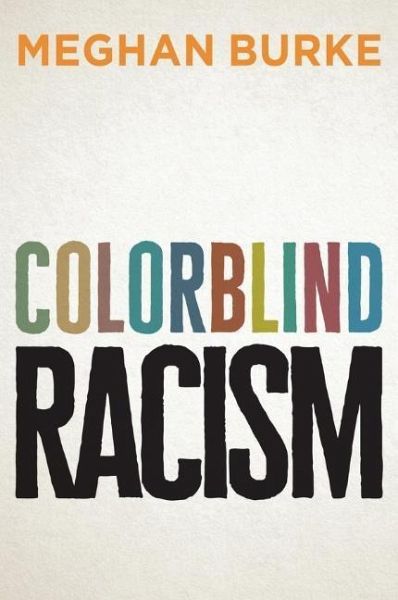
Colorblind Racism
Versandkostenfrei!
Versandfertig in über 4 Wochen
59,99 €
inkl. MwSt.
Weitere Ausgaben:

PAYBACK Punkte
30 °P sammeln!
How can colorblindness - the idea that race does not matter - be racist? This illuminating book introduces the paradox of colorblind racism: how dismissing or downplaying the realities of race and racism can perpetuate inequality and violence.Drawing on a range of theoretical approaches and real-life examples, Meghan Burke reveals colorblind racism to be an insidious presence in many areas of institutional and everyday life in the United States. She explains what is meant by colorblind racism, uncovers its role in the history of racial discrimination, and explores its effects on how we talk ab...
How can colorblindness - the idea that race does not matter - be racist? This illuminating book introduces the paradox of colorblind racism: how dismissing or downplaying the realities of race and racism can perpetuate inequality and violence.
Drawing on a range of theoretical approaches and real-life examples, Meghan Burke reveals colorblind racism to be an insidious presence in many areas of institutional and everyday life in the United States. She explains what is meant by colorblind racism, uncovers its role in the history of racial discrimination, and explores its effects on how we talk about and treat race today. The book also engages with recent critiques of colorblind racism to show the limitations of this framework and how a deeper, more careful study of colorblindness is needed to understand the persistence of racism and how it may be challenged.
This accessible book will be an invaluable overview of a key phenomenon for students across the social sciences, and its far-reaching insights will appeal to all interested in the social life of race and racism.
Drawing on a range of theoretical approaches and real-life examples, Meghan Burke reveals colorblind racism to be an insidious presence in many areas of institutional and everyday life in the United States. She explains what is meant by colorblind racism, uncovers its role in the history of racial discrimination, and explores its effects on how we talk about and treat race today. The book also engages with recent critiques of colorblind racism to show the limitations of this framework and how a deeper, more careful study of colorblindness is needed to understand the persistence of racism and how it may be challenged.
This accessible book will be an invaluable overview of a key phenomenon for students across the social sciences, and its far-reaching insights will appeal to all interested in the social life of race and racism.




